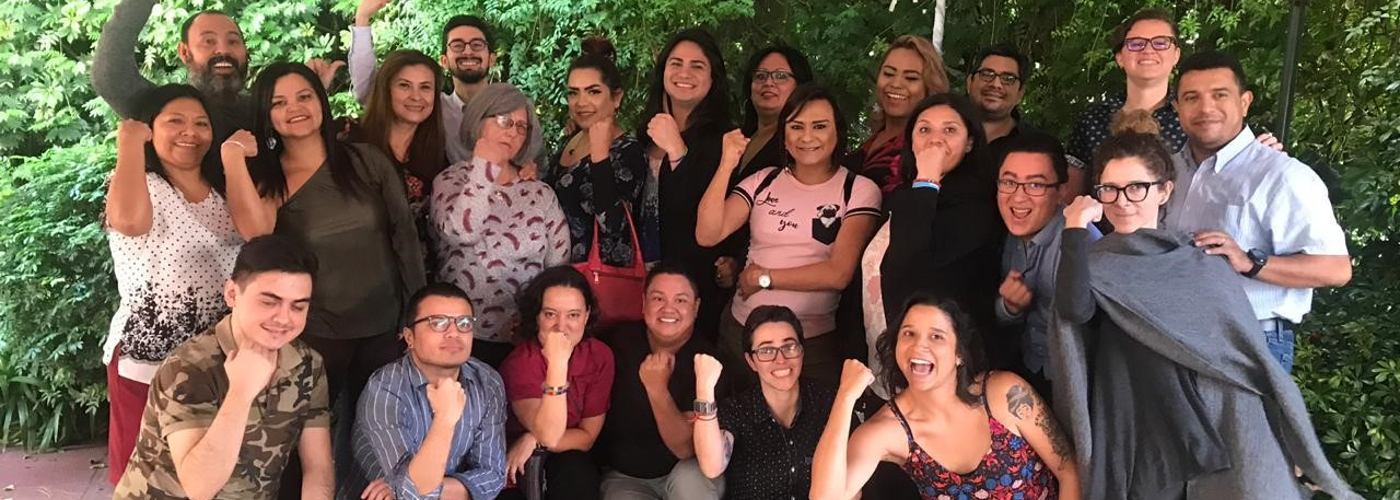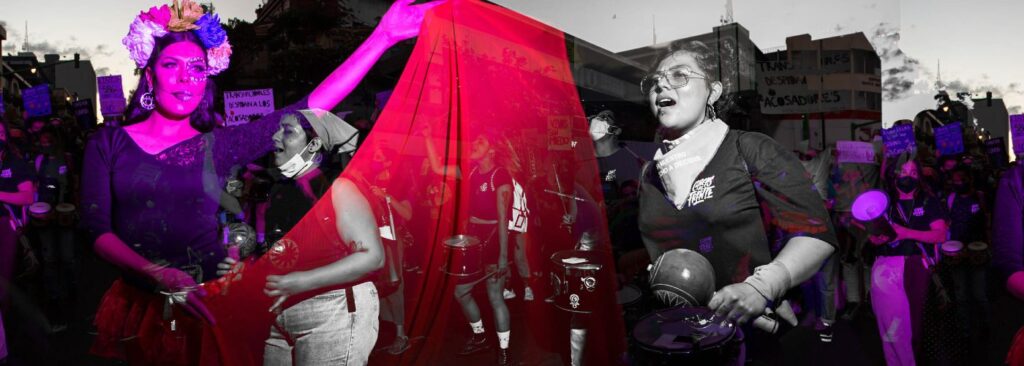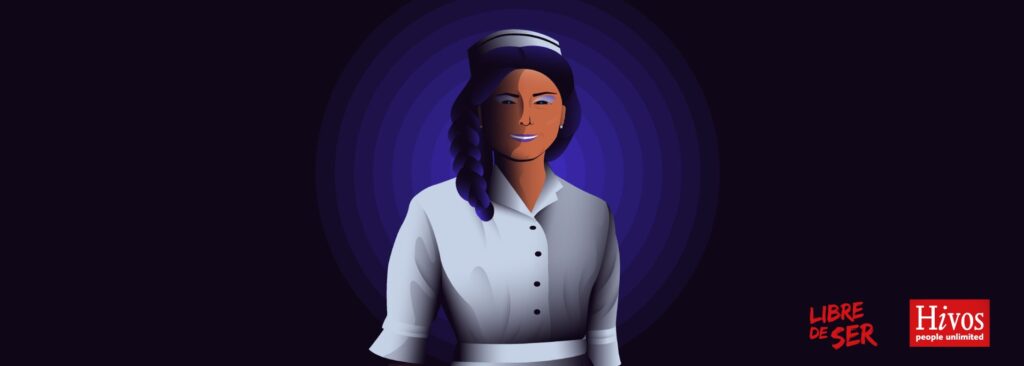This program has ended
Libre de Ser ran for three years, fatefully also in the middle of a pandemic. But despite the Covid-19 crisis, Libre de Ser became a refuge, a safe space to meet, and a source of hope and inspiration for LGBTIQ+ activists in Central America.
For example, there was the “Creation Room.” This was a virtual communication laboratory that helped journalists and activists to create new, more accurate LGBTIQ+ narratives.
The other pillar of Libre de Ser was generating data to develop more comprehensive and effective security measures for LGBTIQ+ people. Read out about some of the project’s important data-related achievements.
About Libre de Ser
Libre de Ser (Free to be Me) seeks to safeguard the life and integrity and advance the rights of LGBTIQ + people in Central America, particularly trans people. It is implemented by Hivos in alliance with LGBTIQ + activists, media, journalists, data specialists, and artists, among others.
Why this project is needed in Central America
Free to be is a response to the overwhelming discrimination and violence that LGBTIQ+ populations face throughout Central America. This is a region marked by social and political violence, the rise of religious fundamentalism, and conservative politicians who publicly use hate speech against LGBTIQ people, threatening their lives and human rights with discriminatory agendas.
The lack of sufficient and quality data on this issue makes it difficult to quantify the scope of discrimination and violence against LGBTIQ+ people, as well as any effective public policies to address and prevent this problem. So the Inter-American Commission on Human Rights (IACHR) has recommended that regional governments, working with civil society, improve the compilation, analysis and use of data to better understand the dimension of the phenomenon and how to solve it.
How
Free to be Me supports and expands efforts by civil society activists and strengthens their alliances with public institutions to: 1) improve data for effective and comprehensive security measures to protect LGBTIQ people, and 2) create new narratives and communication strategies that show the discrimination and violence that LGBTIQ+ people face, contribute to combating the culture of hatred, and favor upholding LGBTIQ+ rights.
To improve the quality and use of data, it does mapping exercises and trains activists and people from data institutions. Likewise, the project develops technological tools for monitoring, visualizing, and analyzing data.
To create and position new narratives, the project trains LGBTIQ+ activists to communicate their own stories and reach unconventional audiences online and offline. Dialogues between trans people and people of faith, families, youth groups, and business people, among others, are key in this process.
Where
Free to be Me is implemented in Guatemala, El Salvador, Honduras, Nicaragua and Costa Rica.



